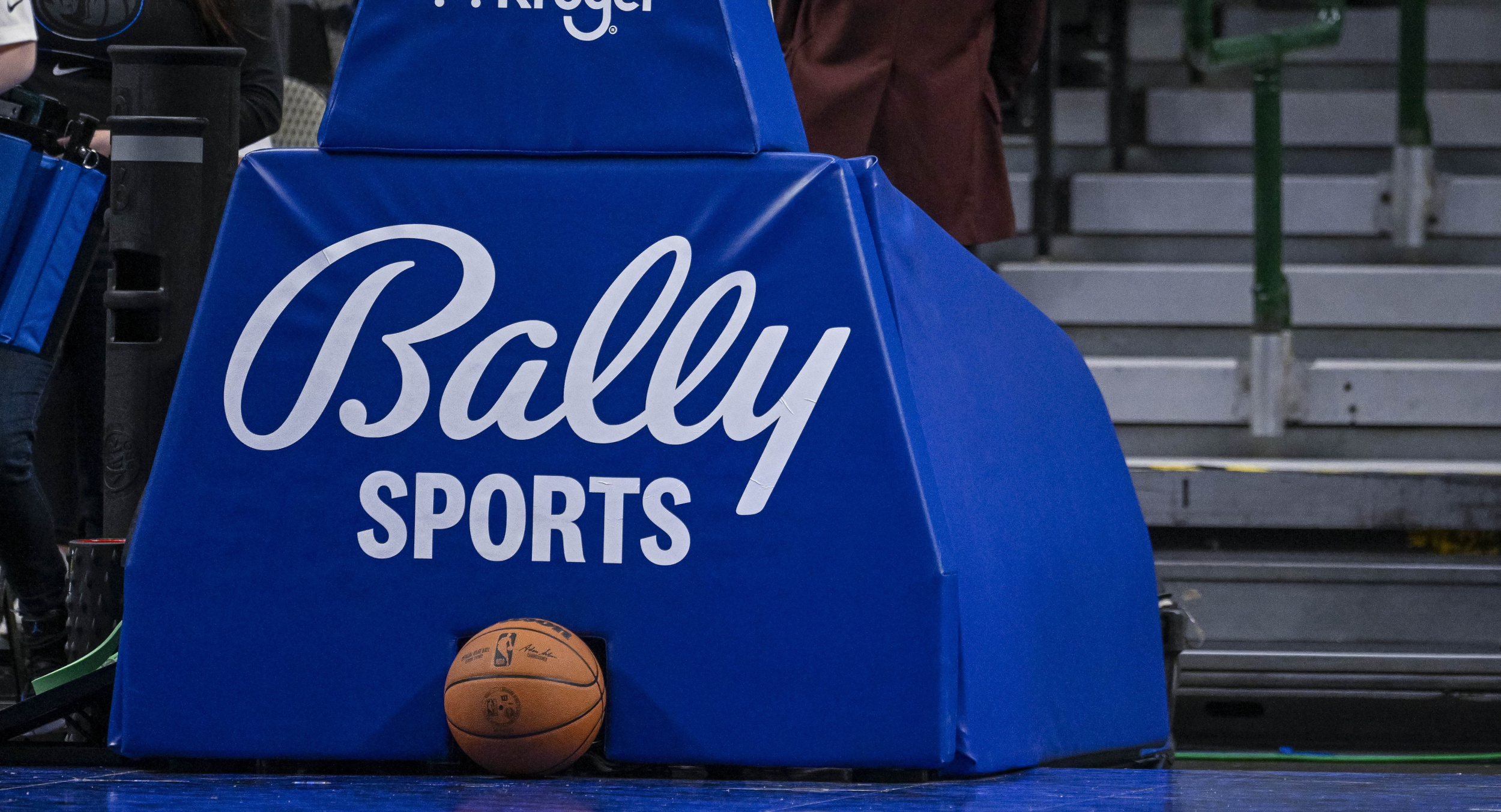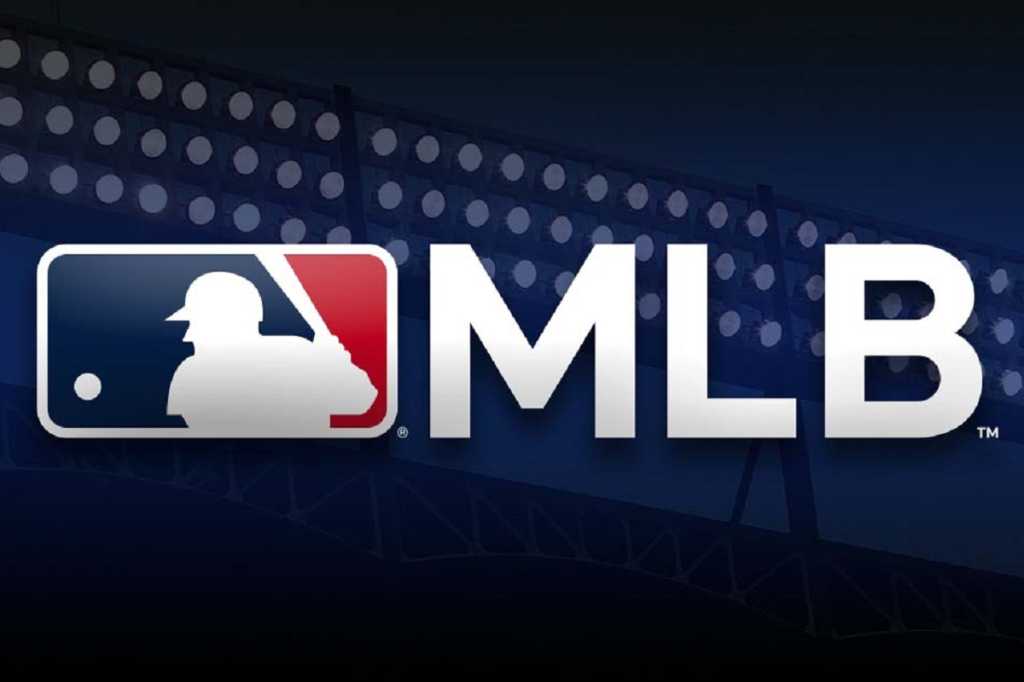Per Washington Post ( I subscribe so am posting below):
MLB has been concerned about the long-term viability of its RSN model for years. Commissioner Rob Manfred could be ready to change it. (Nathan Denette/AP)
By Chelsea Janes
February 16, 2023 at 5:05 a.m. ET
PHOENIX — Diamond Sports Group, the Sinclair Broadcast Group subsidiary that owns the television broadcast rights to 14 MLB teams and partial rights to two others, missed a $140 million interest payment Wednesday.
Most people, including even those most ardent of baseball fans, probably did not notice.
But that missed payment could be the pebble in the pond that produces the ultimate wave of unraveling and reimagining of the regional sports network model that has funded baseball’s revenue surge for more than two decades.
If that sounds dramatic, consider: The traditional RSN model has fueled a major increase in payrolls and revenue over the past two decades.
But MLB Commissioner Rob Manfred is planning for a future in which it might be far less lucrative.
For years — but with growing urgency over the past 12 months — MLB has grown concerned about the long-term viability of the RSN model, in which teams sell rights fees to companies such as Sinclair and agree to let those companies produce broadcasts and sell them to traditional cable companies.
Cable companies have been willing to pay huge sums for those rights because they could then negotiate exclusivity in those teams’ home markets. For example, if you want to watch the Washington Nationals, you need to subscribe to a cable system that carries MASN.
But cord-cutting has changed the dynamic. With more people consuming entertainment via streaming apps, fewer are paying for cable — forcing baseball fans to make hard choices about how much their local team is worth watching to them. Instead of growing baseball’s reach, particularly among younger demographics for whom paying for cable is even more unthinkable, the traditional RSN setup reduces it.
Enter the missed interest payment. By failing to make the payment, Diamond began a 30-day grace period, which could end with Diamond declaring bankruptcy, something many around the industry expect.
“We have spent a lot of time and effort working with Diamond to find out where they are,” Manfred said. “Obviously, our first choice would be that Diamond pay the clubs what they are contractually obligated to pay them. But because I guess I’m a contingency planner by nature, we are prepared, no matter what happens with respect to Diamond, to make sure the games are available to fans in their local markets.”
Manfred said that, as of Wednesday, he expects Diamond to continue making rights fees payments in accordance with its contracts. But if the company starts missing those payments, Manfred said baseball has the right to terminate those deals. He said that if that happens, MLB would be prepared to produce broadcasts of those games via MLB Network and sell the rights to cable companies..]
If MLB can sell the rights to cable companies itself — and here is the ripple that could grow into a wave — Manfred said it will try to negotiate more flexibility with digital streaming rights into those deals.
Now most of those deals promise exclusive rights for the cable companies to show games. Manfred’s goal would be to change that, adding a new offering to the current MLB.TV streaming package — one in which fans in local markets could pay to stream games of affected teams via the MLB app instead of encountering the blackouts that prevent fans in home cities from watching games without cable.
“We would also be seeking flexibility on the digital side so that when you look at MLB.TV, you’d go in, you could buy your out-of-market package like you always have but you would have an option to buy in-market games, something fans have never had before,” Manfred said. “Which I see as a huge improvement for fans.”
By prioritizing flexibility in digital rights,
Manfred is acknowledging MLB’s need to cater to a younger, more streaming-savvy audience.
None of this is a sure thing. Manfred seemed far more comfortable with the idea of MLB making a clean break from contracts that provide nearly $1 billion in revenue — deals that are almost certainly worth more than nonexclusive television rights would be if MLB resold them — than affected owners might be. Manfred acknowledged Wednesday that if the baseball has to terminate those deals, it probably wouldn’t be able to recoup all of the revenue they would have paid to teams.
“Not in the short term,”
Manfred admitted, explaining that if MLB took over selling the rights it would send the revenue directly back to affected teams in accordance with the revenue earned in their market.
The shift, at least at first, wouldn’t affect all teams. Big-market clubs such as the New York Yankees, New York Mets and Los Angeles Dodgers still exist comfortably under massive deals that pay them well for stable networks. But some of those teams have begun exploring ways to offer their product digitally.
For now, Manfred and those in the MLB office see an opportunity to dislodge the digital rights to games for the 14 affected teams: the Arizona Diamondbacks, Atlanta Braves, Cincinnati Reds, Cleveland Guardians, Detroit Tigers, Kansas City Royals, Los Angeles Angels, Miami Marlins, Milwaukee Brewers, Minnesota Twins, St. Louis Cardinals, San Diego Padres, Tampa Bay Rays and Texas Rangers.
And perhaps, eventually, to find a way to make all of them available without the blackouts that have been MLB’s cost of business for the past few decades.
“For a period of time, there will be a legacy cable bundle model including RSNs,” Manfred said. “Eventually, it may go away. But I don’t think it will be short-term phenomenon. I think it’s really important for the game to preserve the economics in the remaining RSN-cable bundle while developing a digital alternative that has more flexibility and gives us better reach.”

